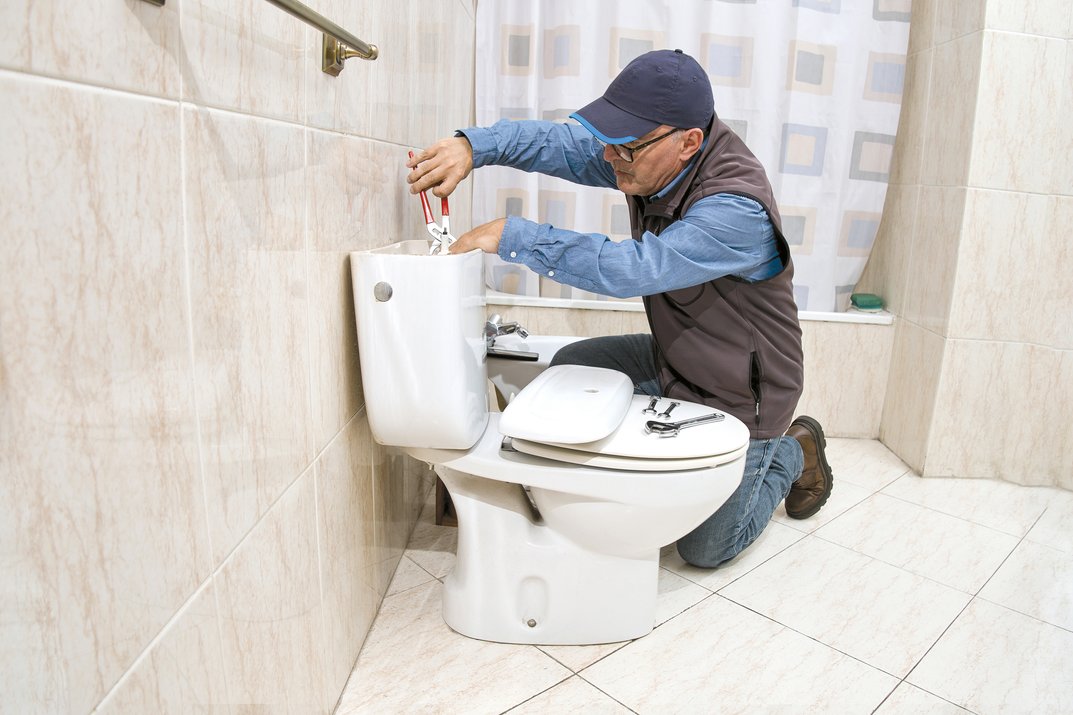In today's rapidly changing world, the necessity for water-saving solutions for homes is more pressing than ever. With environmental pressures mounting, it's essential that homeowners recognize the importance of conserving water not only to reduce costs but also to play a crucial part in global conservation efforts. This article will delve into various strategies and technologies that can be employed to significantly reduce water consumption in your home.
Water is a precious resource, and the demand for sustainable living has never been higher. As we explore various water-saving solutions for homes, you'll find that these methods are not only innovative but also remarkably practical.

Understanding the Importance of Water Conservation
Water conservation is vital for preserving our environment and ensuring that future generations have access to clean water. By implementing water-saving solutions for homes, we can make a significant impact on reducing our environmental footprint. According to the Seametrics, there are numerous ways to conserve water effectively at home.
Every drop counts, and understanding the role of water conservation in sustainable living can help us all make more informed choices about how we use this vital resource. From reducing water waste to investing in water-efficient appliances, the potential for positive change is vast.
Implementing Smart Technologies
One of the most effective ways to conserve water at home is by utilizing smart technologies. Devices such as smart showers and automated irrigation systems can significantly reduce water usage. These technologies can be programmed to operate at optimal times and ensure that no water is wasted.
Smart water meters are another excellent example. They provide real-time data on water usage, helping homeowners identify areas where they can cut back. By investing in these technologies, you can save both water and money in the long run.
Efficient Bathroom Fixtures
The bathroom is one of the primary areas where water is often overused. Installing water-efficient toilets and low-flow showerheads can drastically reduce water consumption. For more insights on innovations in water-efficient toilets, you can explore recent advancements in this area.
Toilets, in particular, account for a large percentage of water usage in homes. By opting for low-flow or dual-flush toilets, you can significantly decrease the amount of water used per flush. For more detailed guidance, the EPA WaterSense program offers valuable information on choosing the right fixtures.
Outdoor Water Conservation
Outdoor water usage, particularly for gardens and lawns, can be a significant contributor to overall household water consumption. By employing drip irrigation systems, you can ensure that water is delivered directly to the roots of plants, minimizing wastage.
Moreover, selecting native plants that require less water and using mulch to retain soil moisture can further enhance your water conservation efforts. This approach not only saves water but also promotes a healthier and more sustainable garden.
Behavioral Changes for Water Conservation
While technology plays a crucial role, behavioral changes are equally important in conserving water. Simple habits, like turning off the tap while brushing teeth or fixing leaks promptly, can have a substantial impact.
Encouraging family members to be mindful of their water usage and educating them on the importance of conservation can foster a collective effort towards a more sustainable lifestyle. Consider exploring the toilet conservation tips for practical advice on reducing water waste.
Conclusion
Implementing water-saving solutions for homes is not only a responsible choice but also a necessary one. By embracing smart technologies, efficient fixtures, and sustainable practices, homeowners can make a significant difference in conserving this precious resource. As we move towards a more sustainable future, every effort counts, and the collective impact of these changes can be profound.
For those interested in further exploring the benefits of water-efficient toilets, the article on How Stuff Works provides an in-depth analysis of how low-flow toilets contribute to water conservation.

FAQs
What are the most effective water-saving solutions for homes?
Smart technologies, efficient bathroom fixtures, and behavioral changes are among the most effective solutions. Investing in devices like smart showers and low-flow toilets can drastically reduce water consumption.
How can I reduce water usage in my garden?
Using drip irrigation systems, selecting native plants, and applying mulch can significantly decrease water usage in gardens. These methods ensure that water is used efficiently, promoting a sustainable outdoor environment.
Why is water conservation important?
Water conservation is crucial for ensuring the availability of clean water for future generations. It also reduces the environmental impact of water extraction and encourages more sustainable living practices.






